During the Cannes Film Festival, I got the chance to watch Elena López Riera’s brilliant debut El Agua, which blended a remote Valencian village’s mythology with a grounded visualization of the urge to move on from your birthplace. It talked about how some women connected to the village’s local river and had “the water inside.” This refers to the burdens on women’s shoulders regarding many aspects of their lives. It can be their bodies, desires, fears, or independence. Now more than ever, we have seen these themes become more relevant. And each time it happens, it creates fascinatingly rich storytelling approaches for many filmmakers, especially women. Moreover, the films that have examined these themes intertwine womanhood with different bodies of water, whether it be rivers, oceans, or even pools (as seen in Céline Sciamma’s Water Lilies).
Whichever body of water it may be represents undeniable will and acceptance. It provides a sense of strength during the moments when one feels they are losing it all. No matter what body of water the film focuses on, it represents undeniable will and acceptance, yet in different forms and depths. It provides a sense of resilience and stability when they feel they have lost everything. Antoneta Alamat Kusijanovic’s Murina is the latest film to be added to this eclectic selection of vastly fascinating directorial debuts that premiered at Cannes. Murina is like a spiritual sequel to Kusijanovic’s short film, Into the Blue, but more fleshed out visually and thematically. Murina revolves around a restless teenager, Julija (Gracija Filipović), who is trying to escape her current life and travel abroad.
She has these escapist desires because of her father, Ante (Leon Lučev) – most notably, his mistreatment and strictness toward her. However, when an old friend of Ante’s, Javier (Cliff Curtis), arrives at their Croatian island home, the dynamics between Julija and her getaway pursuit begin to change. With Javier’s visit, she begins to get a taste of what freedom is and its possible repercussions. During a recent interview, director Antoneta Alamat Kusijanovic stated, “the only freedom we have is to confront your fear – meaning, confronting your aggressor.” In Murina, this quote is almost the film’s crux. Both through dialogue set pieces, which are treated as tense confrontations, and subtle looks and glances, the film tackles the theme of confronting one’s fears and the aggressors that are the foundation of such anxiety.
When Julija and Ante are alone in a scene together, you already feel the tension increasing rapidly. There are instances in which Julija taunts shooting her father with a spear gun to end all the suffering right then and t ere. Throughout the movie, we see that Ante treats her daughter poorly. As the minutes pass, things get worse and worse; his means of discipline are too aggressive. He isn’t the type of father to sit down and talk things out. And even if he does, it will always end up in a screaming match and aggression. However, as she may know, there is a possibility that the pain isn’t going to go away just like that. Some ghost stories might arise from the perils of his passing.
READ: Marcel the Shell with Shoes On’ Review: “Little Scale, Little Effort”
Ante’s presence might haunt the island or the bellows of the Adriatic Sea for a long time. Later on, that aching and pressure to leave might ex and. In some way, whether on-screen or not, the atmosphere feels haunted by his presence. It feels as if he is always watching and judging every move or decision Julija m kes. The film ensures that the ether and the deep blue seas showcase different versions of exhaustion and teenage angst. There’s a sinking sensation during the beautiful ocean scenes. And to reflect such sense, Gracija Filipović’s Julija dives deep into the sea for minutes. This may be so that she feels the ecstasy of sovereignty and independence where she’s most comfortable. The film also appears to sprinkle in some small dashes of magical realism in those sequences.
Antoneta Alamat Kusijanovic intertwines the beauty of the water with the creatures in it, specifically an electric eel, as Julija sinks slowly into the depths. However, it presents spiritualism rather than magical realism. Its grounded approach and humanistic lucidity allow a more engaging and relatable story space. In the end credits, Violeta Parra’s “Volver a Los 17” plays in the background. And when you hear the lyrics (or read them), you notice that it has some comparisons to the film’s narrative. The song is a poem about the love that rejuvenates a person – the transformation caused by being in love. It talks about how the one in love changes through the different stages of the depth of devotion. The song can apply to Julija experiencing new shades of love (coincidentally then being torn down) or her mother – experiencing the ripples of misguided passion and lost bonds.
It’s fascinating how many layers a nuanced film like Murina can have, and we’re not even scratching its surface. And also, its parallels to other Cannes selections, like Water Lillies and El Agua, are too rich and potent, as if they were part of the same trilogy. Kusijanovic’s debut tackles a story we have seen before. Yet without the melodramatic tendencies, other directors might want to apply them in the narrative. Murina is beautifully shot and naturalistically acted, which causes one to reflect on one’s family dynamics. I can’t wait to see more of Antoneta Alamat Kusijanovic, as she polishes her directorial eye, and of Gracija Filipović, whom I hope is an international star after this picture. – Hector Gonzalez
Rating: 8/10
Murina is now playing in theaters.



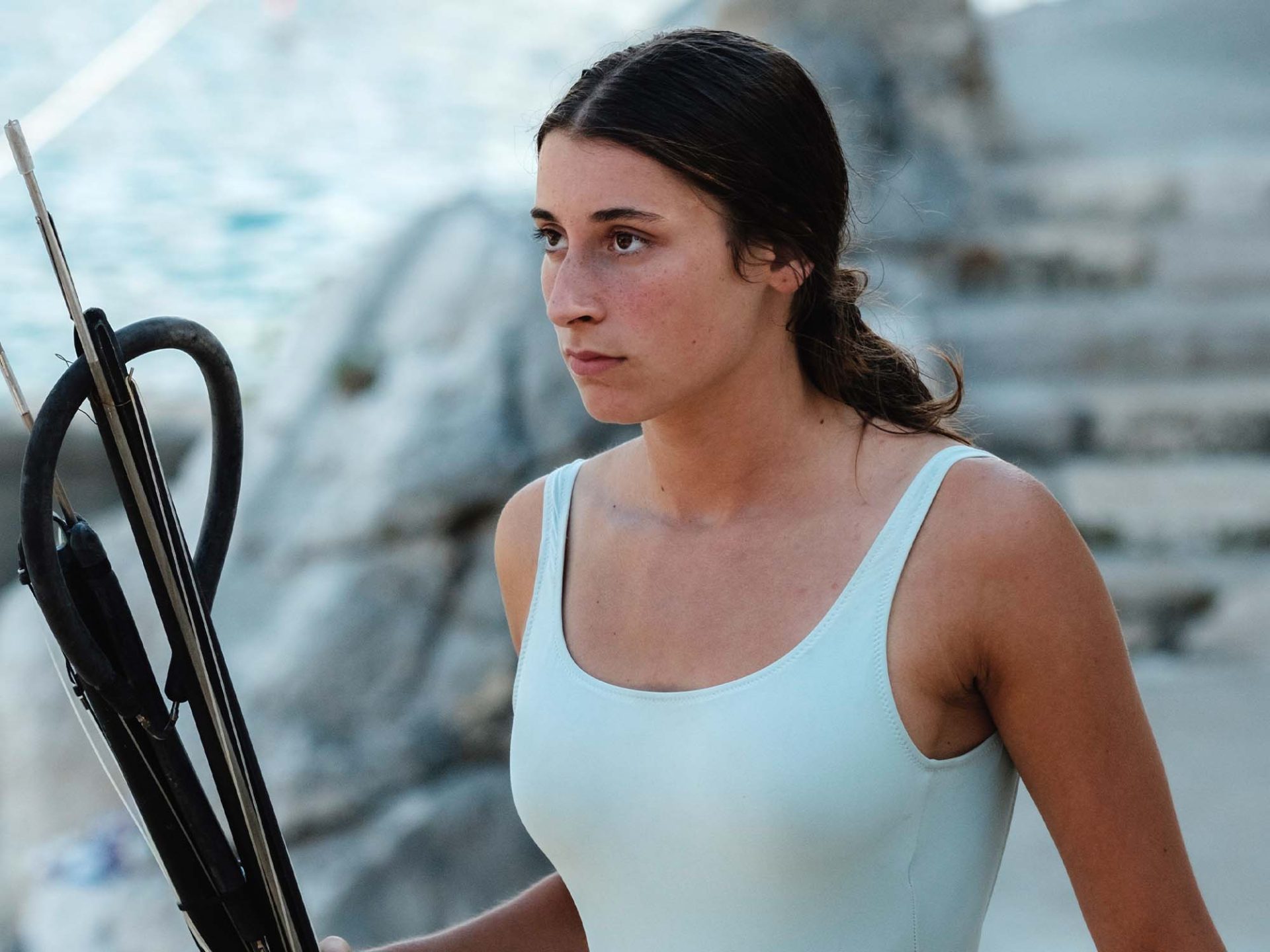
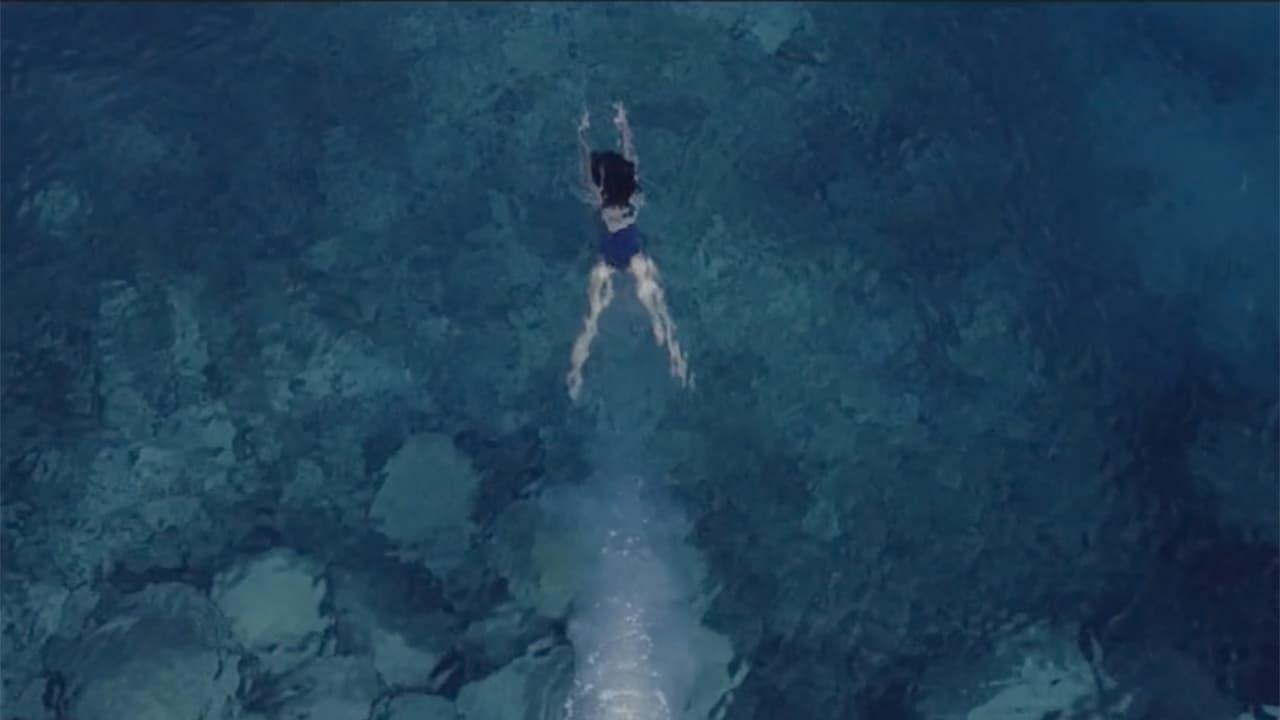
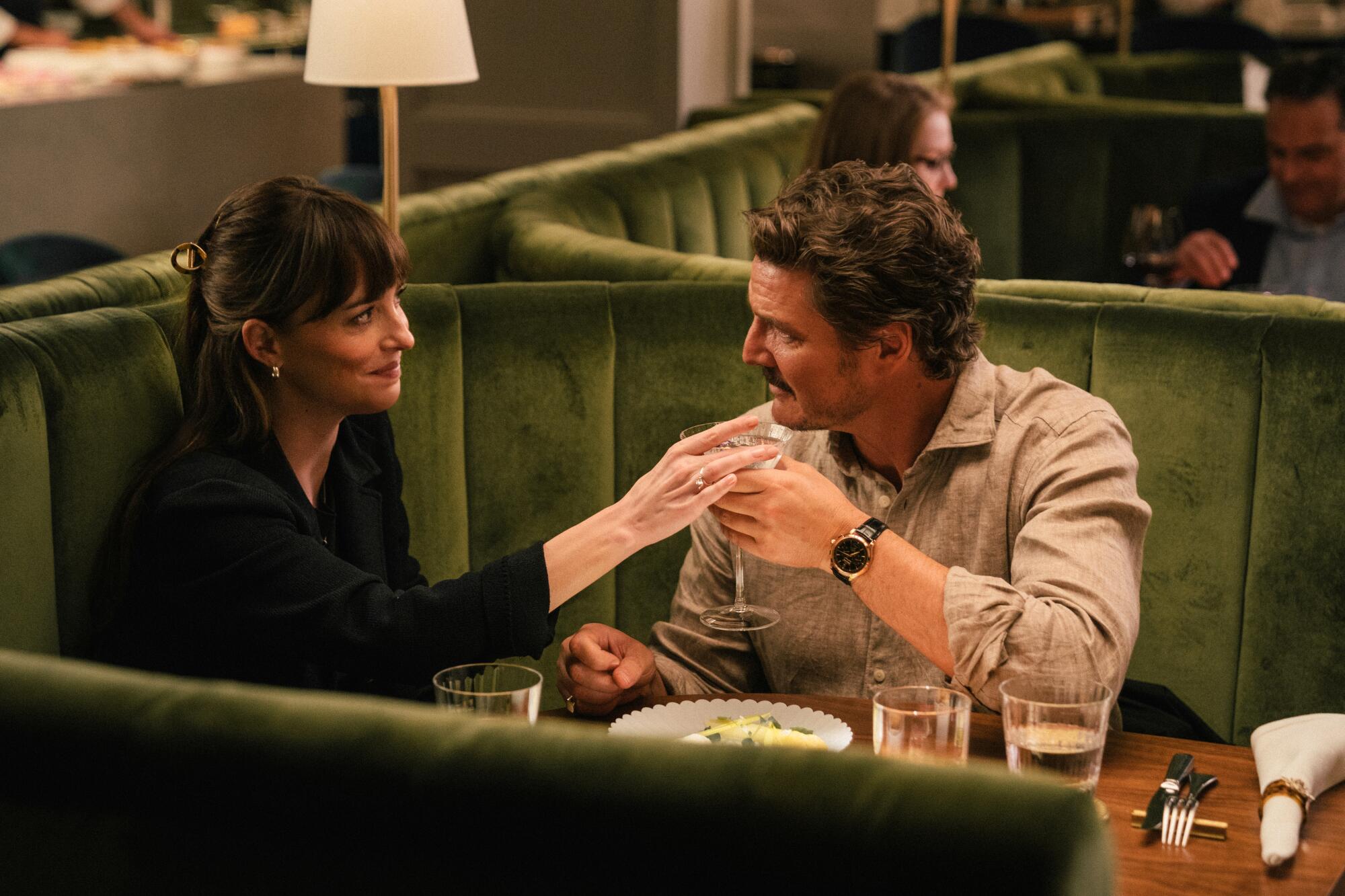
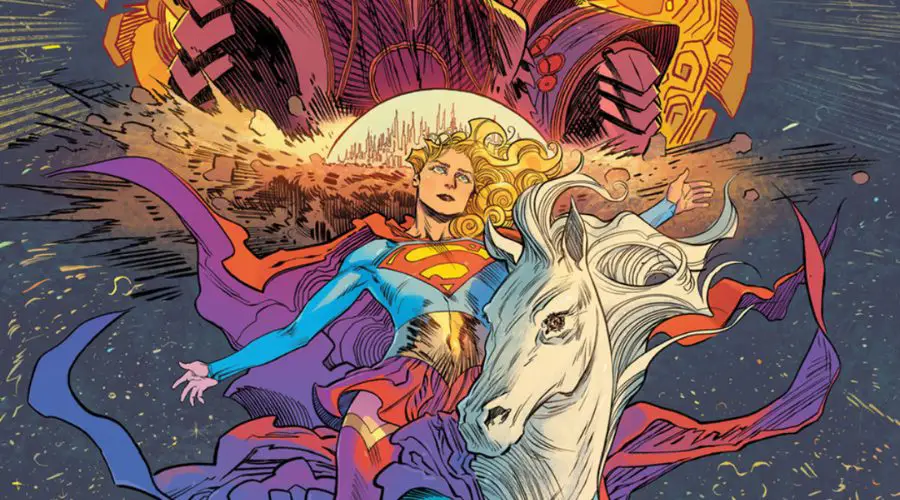
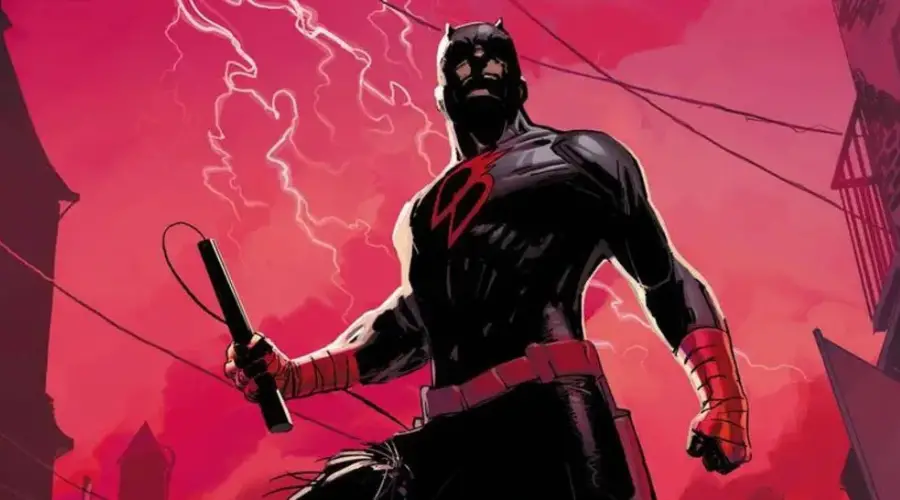
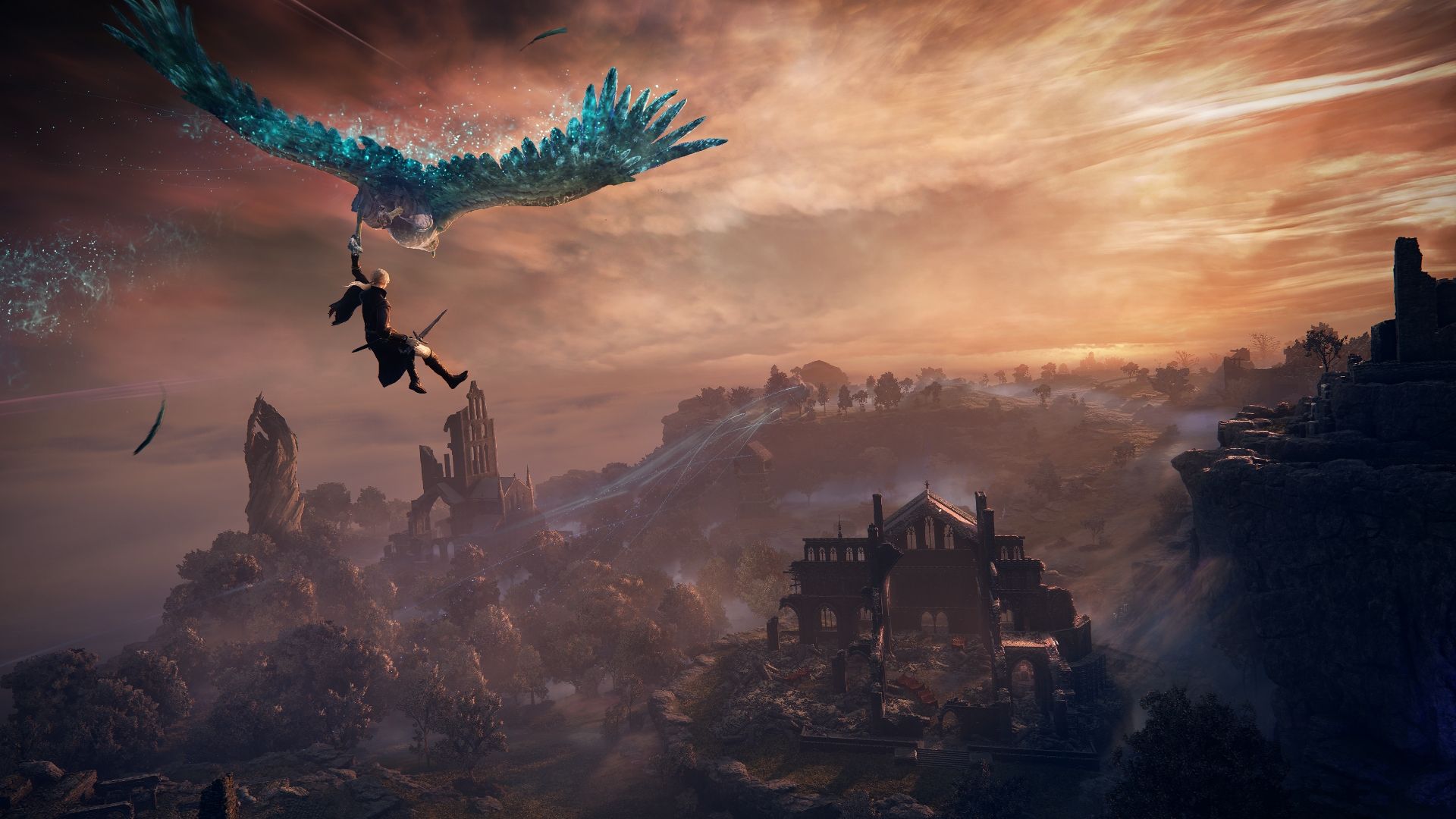
Leave a Comment